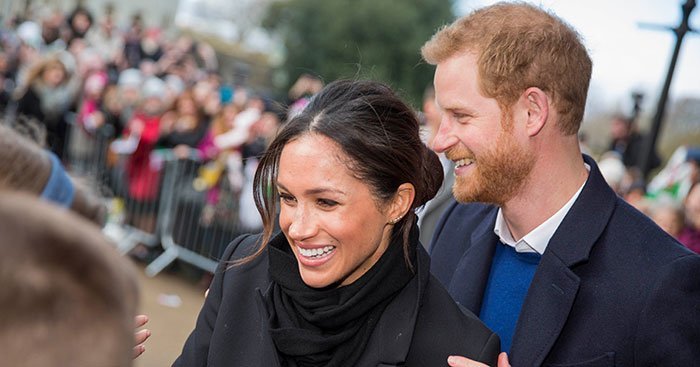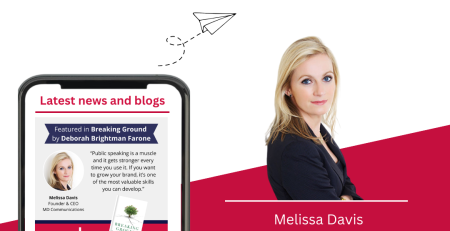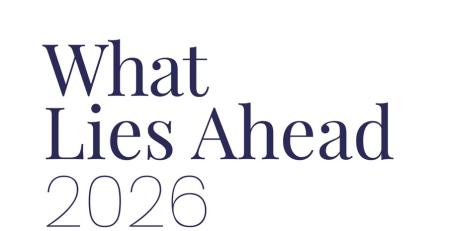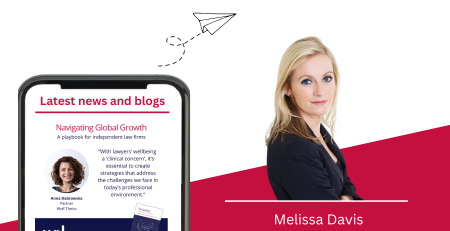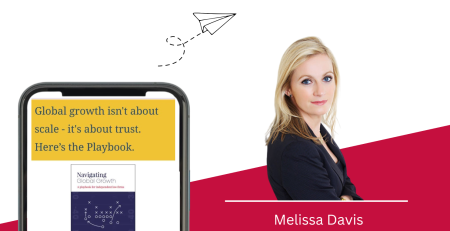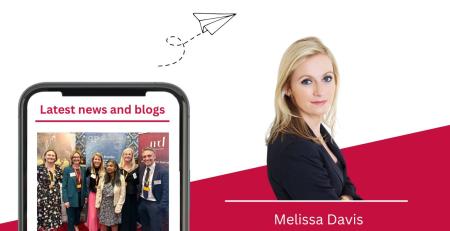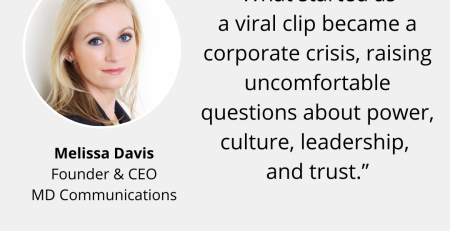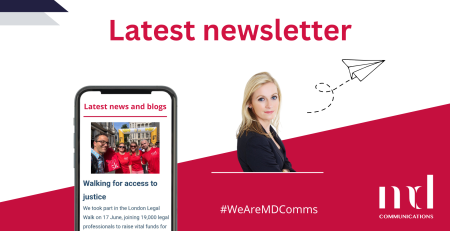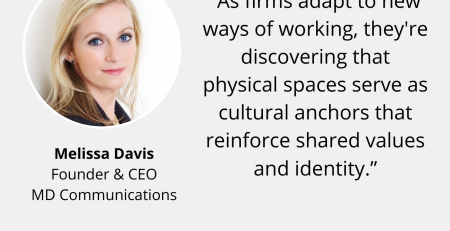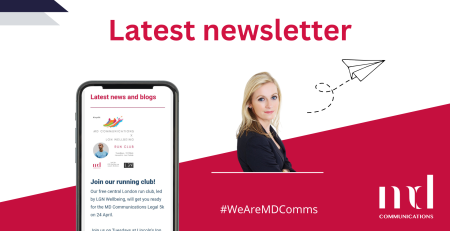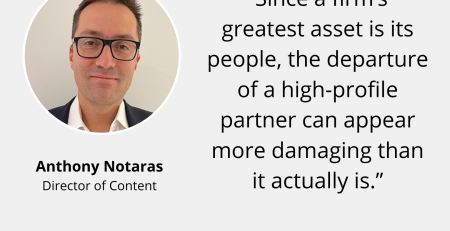I’m possibly alone in having decided I am not a ‘royal expert’ – which fortunately frees me up to watch the unfolding media storm around the decision of ‘Harry and Meghan’ to quit public life and royal duties.
I do have a particular communications interest in all this – in time I predict the way they did this is going to become a classic case study, endlessly picked over by PR geeks like me.
Rules are made to be broken, in PR as elsewhere. But the Duke and Duchess of Sussex broke so many at the same time – it really marks them out. In point of fact, I think they did a lot of things right. But first a reminder of the PR ‘rules’ they broke.
Taking no advice
It’s been said they didn’t consult their formal advisers before making this announcement. This may or may not be true, but it is being reported by the less guttery bits of the press. The usual thinking would run something like… they are expert at being the Duke and Duchess, but should rely on people who are expert and professional at being other things – PR advisers, private secretaries, equerries, etc. Prince Andrew, famously, didn’t listen to his PR consultant’s advice to turn down his disastrous interview with Emily Maitlis. The PR wisely resigned ahead of the car crash interview.
Not talking to other stakeholders
Harry and Meghan didn’t even tell the Queen, as the press reported – partly in mock-horror. Usual advice is that people you are connected to, who will be affected by an announcement, need good warning. That’s not just out of consideration to them – you also want to know what their likely response is going to be when your announcement becomes public so that you in turn can be prepared for their response.
Bad timing
The media’s logistics are something that a ‘lay person’ wouldn’t know, but a PR should. When different publications and broadcasters have their news meetings, what their lead time is, knowing they need to get technical staff in place, briefing people… all that is usually important, and yet Harry and Meghan didn’t issue their statement at a time that was at all convenient – 9.13pm. This gave the flagship 10 o’clock news programmes just 47 minutes to get on top of what would be their lead item, locate ‘royal experts’, and construct a package. Forcing the media to rush, juggle and improvise classically generates bad editorial will.
Hostage to fortune
Finally, Harry and Meghan have created a hostage to fortune (normally another no-no) – they say they will ‘work to become financially independent’. That will be checked on.
So why don’t I think they did such a bad job?
Clarity of message
Consulting other stakeholders will tend to result in the clarity of a message being watered down. Likewise, advisers have a streak of caution that tends to have the same effect. The Queen likely should have been warned (if she wasn’t), as the apparent lack of notice resulted in the main negative press line.
But this was such a hugely personal statement – it would have been less clear and less powerful had it gone through 15 other parties’ tracked changes. This statement’s authenticity is its strength in an age where we all go looking for what’s phoney.
They knew how big their story was
All media were always going to run with this story. And when you are the story of the day, you can call the shots. They wanted their statement to be the story – no leaks, no advance notice – and with so little time, the focus was on what they actually said, while editors searched the land for sober royal experts and royal correspondents who had not gone for an early night.
The timing, for all that it was unusual, put them in control at the point the news broke. They don’t want to play by the media’s ‘rules’, and given their past treatment in the press, they can see how the media’s rules, as far as they are concerned, give the media an advantage.
They broke this news on their Instagram account – an act of direct communication with their followers which, in wrongfooting the media, must have been a sweet moment.
Harry and Meghan show they mean it
All the advisers and experts knowing the ‘financially independent’ line, and other statements, are a ‘hostage to fortune’ would likely have taken such lines out. Leaving it in is bold – I take it as a sign that they mean what they say. At other times, Harry’s candour has not just been his vulnerability, but also his strength.
Why you might ask, does the spontaneous approach of the Sussexes have points to recommend it when Prince Andrew’s spontaneity did not? A key point is their moral authority, which is something Andrew had less of in the bank. For the Sussexes’ supporters, there is not a hint of sleaze about this attractive young couple, who seem to be putting each other and their child first. And there is some sympathy for people who want to rip up a rule book that, to date, has served them very shabbily.
Personally, I think good luck to them.
If you’d like to talk about when, and when not, to break the apparent rules of communications and PR, I hope you’ll get in touch.


